Description
Sildenafil
Sildenafil, commonly known by the brand name Viagra, is a synthetic phosphodiesterase type 5 (PDE5) inhibitor. Here are some key points about sildenafil:
Medical Applications
1. Erectile dysfunction (ED): Sildenafil also primarily helps to treat ED, helping men achieve and maintain an erection.
2. Pulmonary arterial hypertension (PAH): It also helps in the treatment of PAH, a condition characterized by high blood pressure in the lungs.
Mechanism of Action
Sildenafil works by:
1. Inhibiting PDE5: Sildenafil blocks the action of PDE5, an enzyme that breaks down cyclic guanosine monophosphate (cGMP).
2. Increasing cGMP levels: By inhibiting PDE5, sildenafil increases cGMP levels, leading to smooth muscle relaxation and its also increases blood flow.
Pharmacokinetics
It has a pharmacokinetic profile characterized by:
1. Oral administration: It is administered orally.
2. Rapid absorption: It also rapidly absorbs into the bloodstream.
3. Short half-life: It has a relatively short half-life of approximately 3-5 hours.
Analytical Chemistry
It is possible to detect and also quantify it using various analytical techniques, including:
1. High-performance liquid chromatography (HPLC).
2. Liquid chromatography-mass spectrometry (LC-MS).
3. Gas chromatography-mass spectrometry (GC-MS).
Mechanism of Action
Sildenafil works by inhibiting the action of phosphodiesterase type 5 (PDE5), an enzyme that breaks down cyclic guanosine monophosphate (cGMP). cGMP is a molecule that relaxes smooth muscle and increases blood flow.
Pharmacokinetics
It also has a pharmacokinetic profile characterized by:
1. Oral administration: Sildenafil is administered orally.
2. Rapid absorption: It also rapidly absorbs into the bloodstream.
3. Short half-life: It has a relatively short half-life of approximately 3-5 hours.
Metabolism
It also metabolizes in the liver by enzymes such as:
1. Cytochrome P450: Cytochrome P450 enzymes also mobilizes it
2. CYP3A4: It is also primarily metabolized by CYP3A4.
Analytical Chemistry
It is possible to detect and also quantify the it using various analytical techniques, including:
1. High-performance liquid chromatography (HPLC).
2. Liquid chromatography-mass spectrometry (LC-MS).
3. Gas chromatography-mass spectrometry (GC-MS).

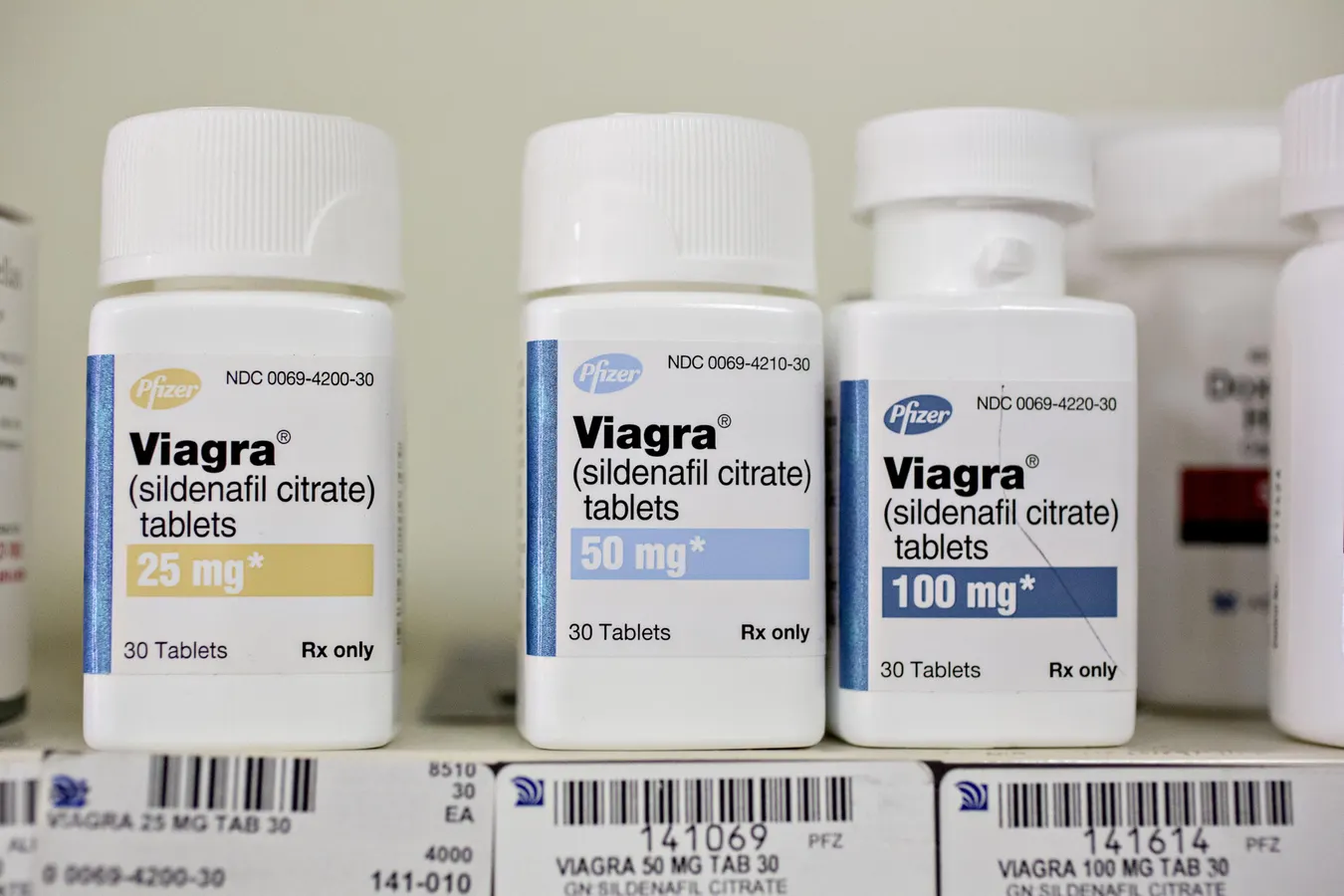
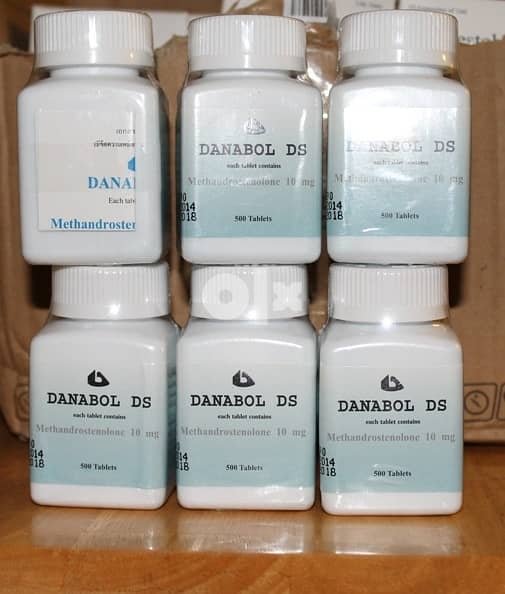
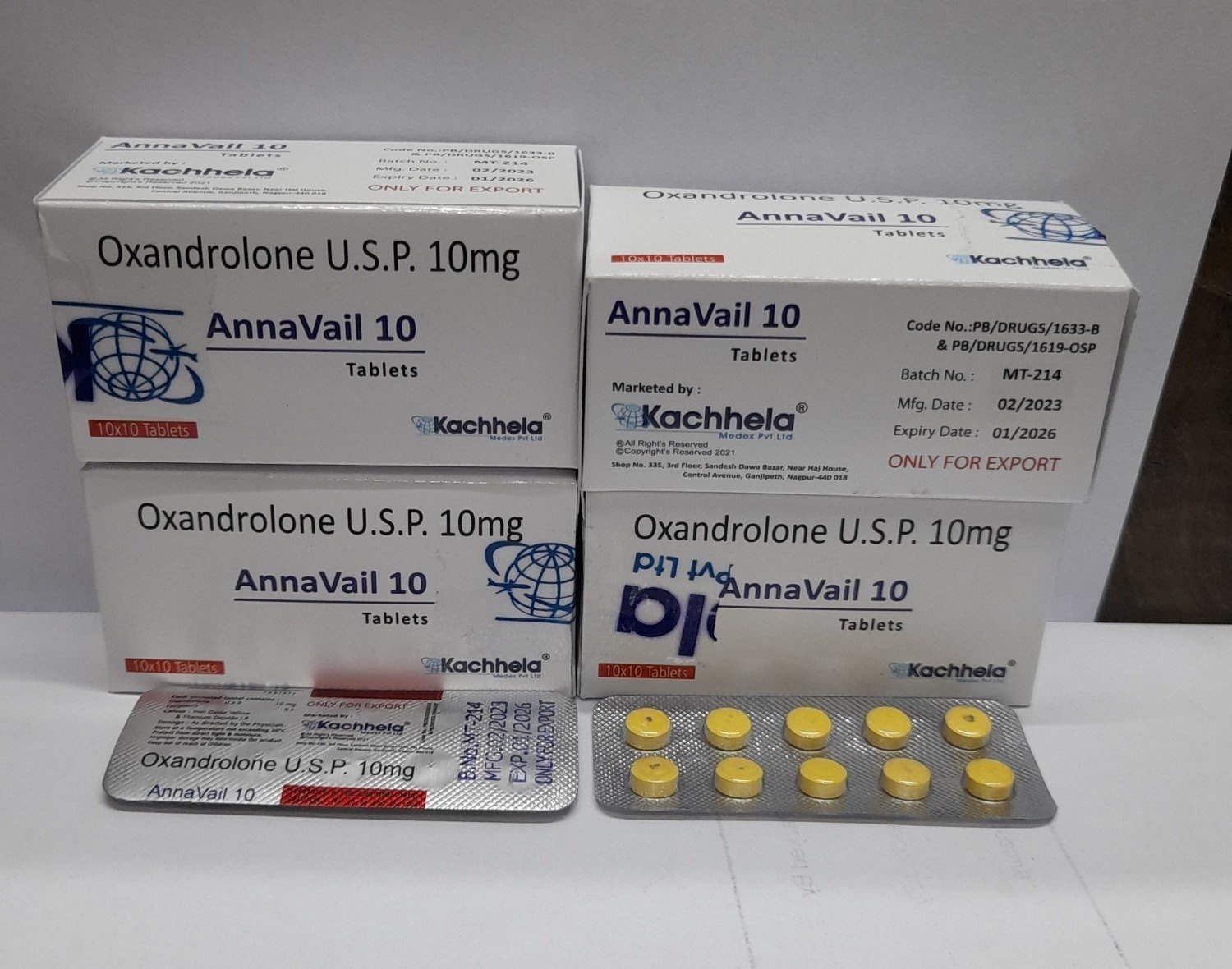
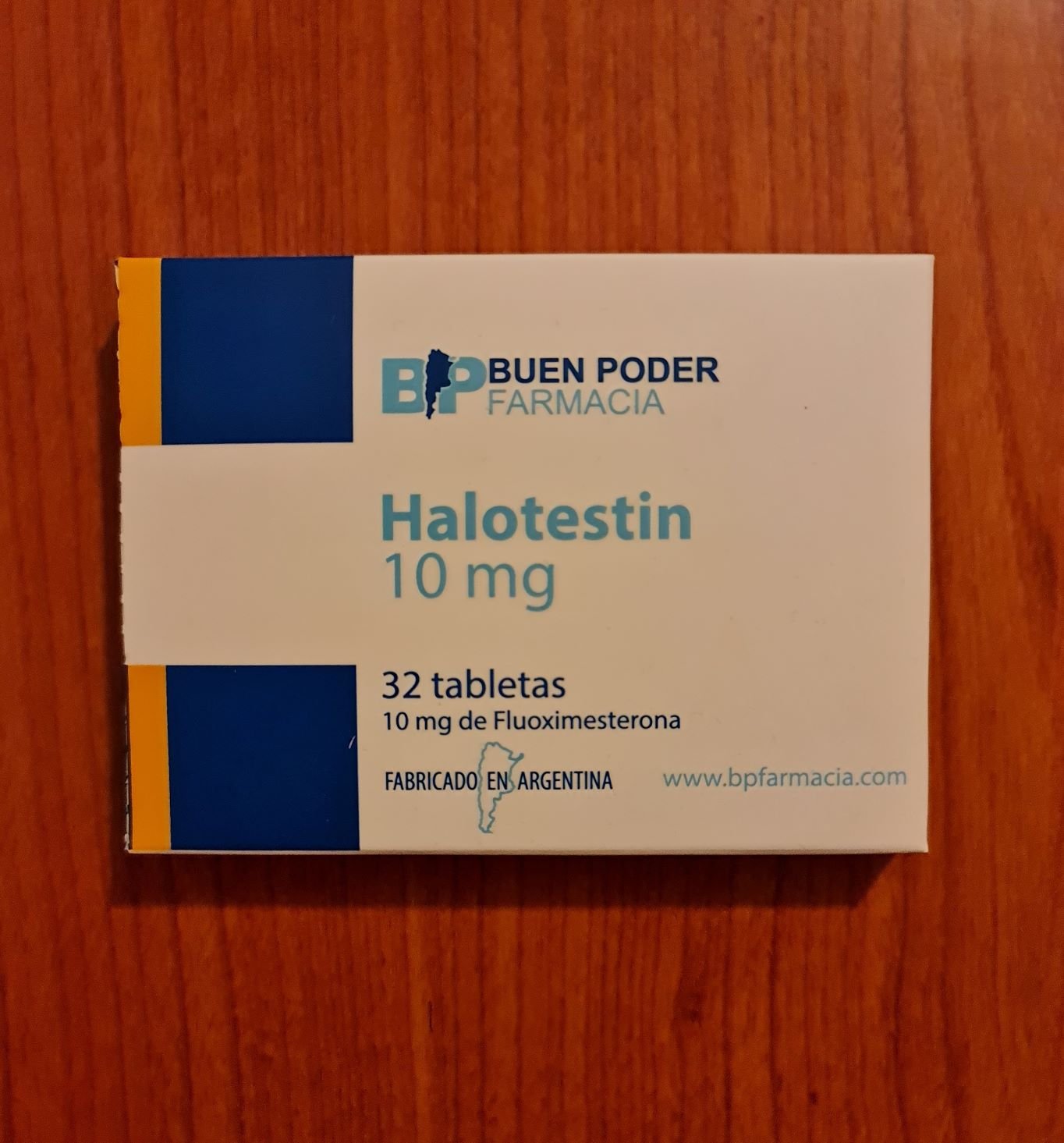
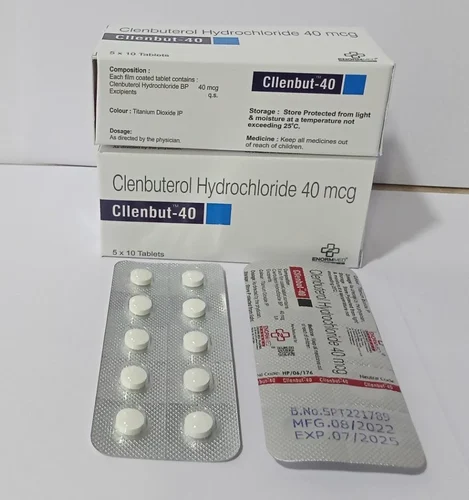
Reviews
There are no reviews yet.